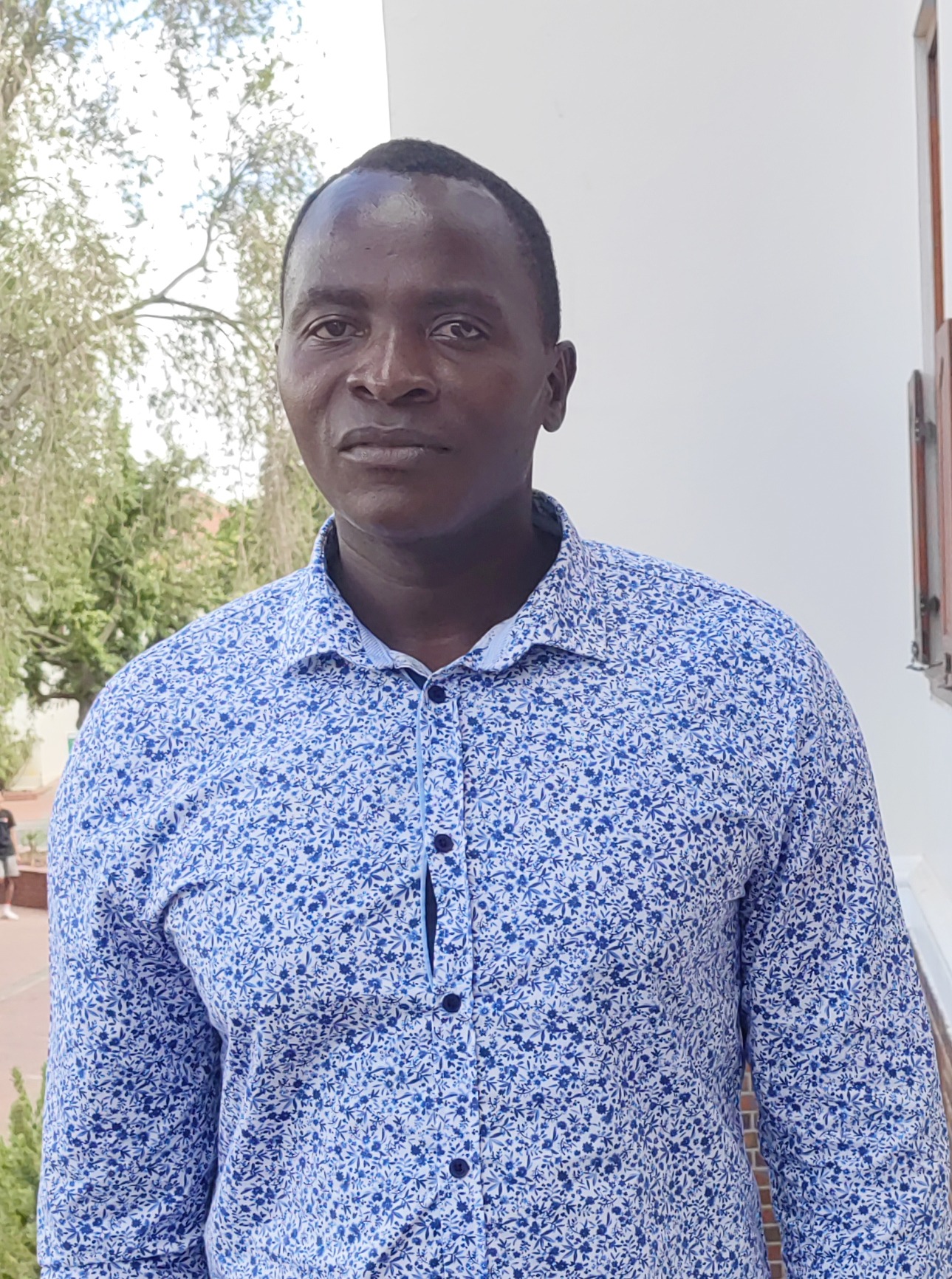Meet consolidoc fellow Dr Luckmore Chivandire
“Corruption in healthcare systems is a highly relevant and critical issue in today’s world since it affects countless lives. In Africa specifically, healthcare corruption acts as the barrier between the continent’s rich resources and its poor people.”
These are the words of Dr Luckmore Chivandire, whose PhD research focused on analysing the effectiveness of anti-corruption strategies in the healthcare sectors of Zimbabwe and South Africa – a topic he is deeply passionate about.

In March, Luckmore joined the Africa Centre as a consolidoc fellow. The six-month programme will give him the opportunity to delve deeper into certain aspects of his PhD research and to publish research articles on these topics. Two examples of the themes on which Luckmore will expand his research include the various factors influencing the success of anti-corruption strategies in healthcare as well as the intersection of poverty, vulnerability and bribery.
Dr Munya Saruchera, senior lecturer at the centre, was one of Luckmore’s supervisors during his PhD and this fellowship also provides the opportunity to continue this collaboration and to publish some of the interesting research findings to a wider audience. As Munya says: “This is an opportunity for Luckmore to consolidate his PhD findings by reflecting, writing and publishing without the pressure of finishing a PhD at the same time. Joining a scholarly community where he needs to share about his work will also allow him to start gaining traction, confidence and authority on his research topic.”
Luckmore’s decision to focus on corruption in healthcare systems was largely fuelled by the realities he saw around him: “As I embarked on my PhD journey during the height of the Covid-19 pandemic, I witnessed firsthand how corruption seeped into the healthcare sector. Politicians and individuals in positions of power exploited the crisis for personal gain, while the general populace suffered.”
Although both Zimbabwe and South Africa have robust legal frameworks to fight corruption, several challenges hinder the effectiveness of these frameworks. According to Luckmore, these include the lack of accountability for corrupt actions, unsatisfactory coordination among anti-corruption institutions and the inadequate capacitation of anti-corruption bodies, including outdated equipment and insufficient training.
Apart from providing the necessary financial and technical resources to anti-corruption bodies to address these challenges, Luckmore highlights the following: “It is crucial to enhance the independence of anti-corruption agencies, ensuring that they can operate without political interference. Additionally, a review of procurement legislation in both countries could help close loopholes that are exploited for corrupt practices.”
While expectations are high for Luckmore to take full advantage of this opportunity, his enthusiasm bodes well for a successful fellowship: “I am thrilled about the opportunity to expand on my research and contribute to addressing these critical issues, ultimately making an impact in the field.”
